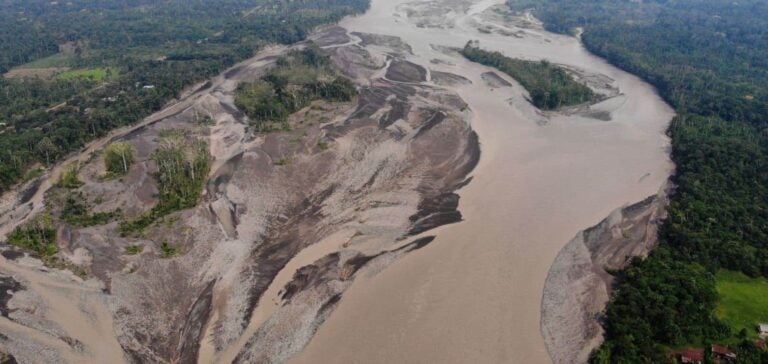Petroecuador said the leak was caused by ruptured pipes in Block 16, located in the province of Orellana. Intense rainfall washed hydrocarbons, held back by preventive barriers, into the Napo River. Efforts are underway to reinforce these barriers and minimize environmental impact. Communication with affected communities is maintained, although details are lacking.
Environmental impact
The Napo River, which flows through Peru andEcuador, is crucial to the Amazon ecosystem. Pablo Fajardo, a lawyer committed to fighting oil pollution, denounced the disaster on the X social network, sharing videos showing traces of hydrocarbons on the surface of the water. A team of volunteers, sent by local Quichua communities, is scheduled to assess the damage.
Oil context in Ecuador
Ecuador, rich in oil resources, extracts most of its oil from the Amazon rainforests. In 2023, the country produced 475,000 barrels per day, rising to 485,000 barrels per day between January and April 2024. Accidental pipeline leaks are frequent, but the exact quantities of crude oil spilled remain difficult to determine. A previous incident in February 2022 caused a spill of 6,300 barrels in Cayambe-Coca National Park, affecting the Quijos and Coca rivers.
Precedents and Consequences
The northeastern Amazon has seen major ecological disasters, notably the Texaco (now Chevron) affair, involving the dumping of toxic waste over 30 years of activity, resulting in an ecological disaster often cited as one of the worst in oil history.
This latest incident underlines the urgent need for stricter measures and reinforced monitoring to prevent such disasters and protect the Amazon’s fragile ecosystems.






















